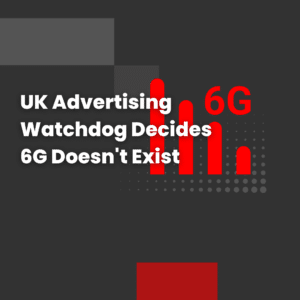Described as a crucial upgrade to future-proof the UK’s landlines, BT’s initiative aims to replace outdated analogue technology with digital alternatives. For most customers, the transition will be as simple as connecting their phone to a broadband router instead of a wall-mounted socket.
According to BT, over 99% of phone handsets are compatible with Digital Voice. In cases where compatibility is an issue, a range of alternative handsets will be available.
The project will commence in the East Midlands, with customers receiving at least four weeks’ notice before the switch. However, certain customer groups will not be switched over proactively. This includes individuals with healthcare pendants, customers over 70 years old who solely rely on landlines without mobile signal, and those with specific additional needs.
Vicky Hicks, Senior Engagement Manager at BT Group, stated, “BT customers in the East Midlands will benefit from a tried and tested service, with around two million BT customers already having made the switch and benefitting from the many advantages of digital home phones from advanced scam call filtering capabilities to crystal-clear call audio.”
To raise awareness, an advertising campaign will run in July in the East Midlands. BT will also organize townhall events where customers can interact with BT staff and explore Digital Voice products. Additionally, pop-up events will be held in garden centers and libraries, and a demonstration vehicle will tour 12 towns and cities in the region.
Upgrading telecommunications systems when technology becomes outdated is a logical and necessary pursuit. BT has acknowledged that existing analogue technology in some areas is up to 40 years old. However, similar to the process of phasing out 3G networks faced by mobile operators, some customers are resistant to the change.
Concerns regarding potential service disruption during power outages have been addressed by BT. They have highlighted hybrid handsets as a solution, and have undertaken a comprehensive PR campaign to reassure customers. This cautious approach stems from a previous launch in 2022, which was postponed due to backlash.
Marc Allera, BT’s consumer CEO, acknowledged, “We underestimated the disruptive impact this upgrade would have on some of our customers. With hindsight we went too early, before many customers – particularly those who rely more heavily on landlines – understood why this change is necessary and what they needed to do.”
Overall, the current reassurance and education campaign by BT appears to be comprehensive, considering the relatively minor nature of the transition for customers in the broader context.




